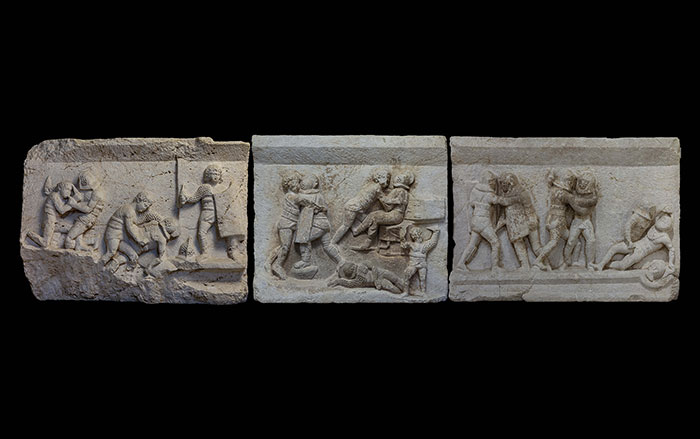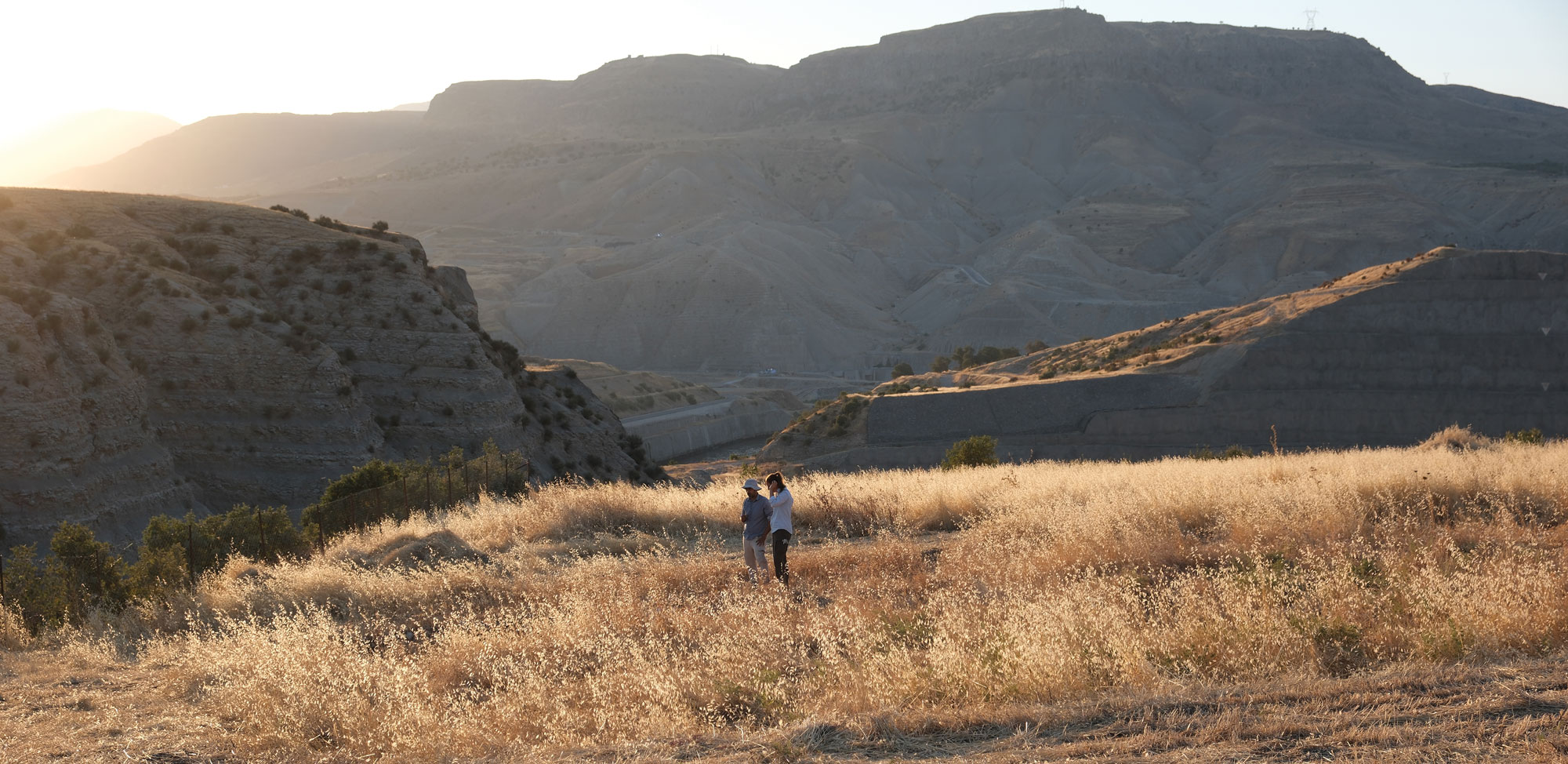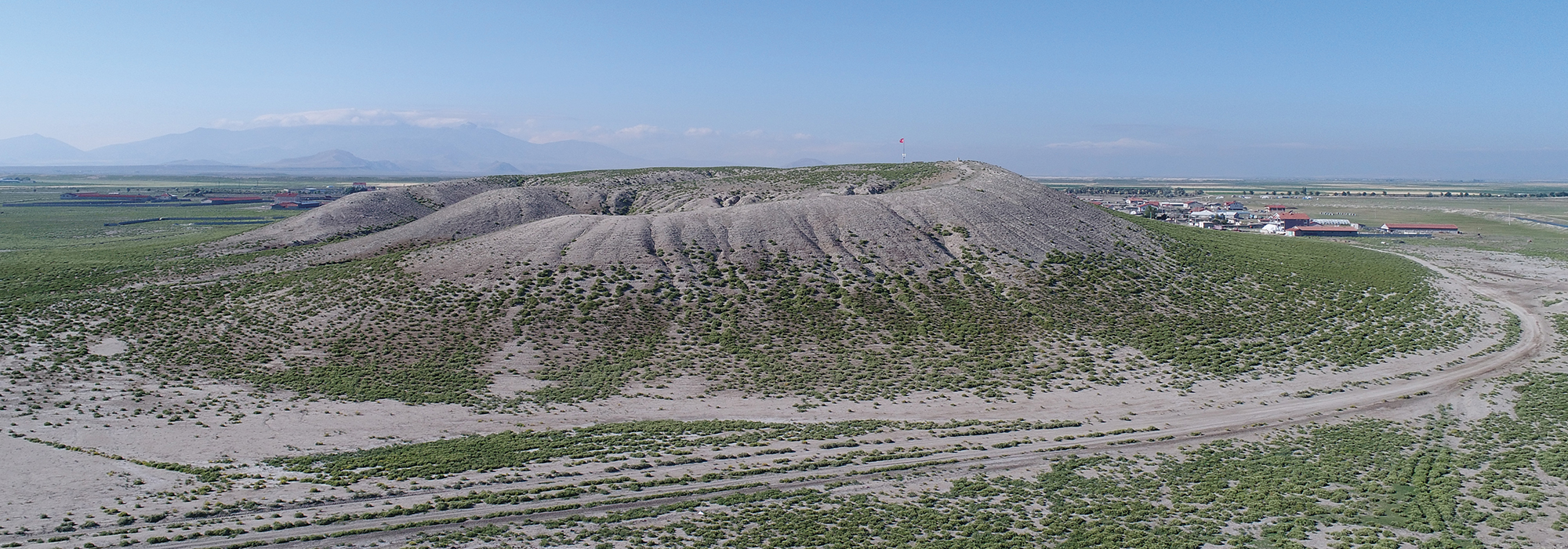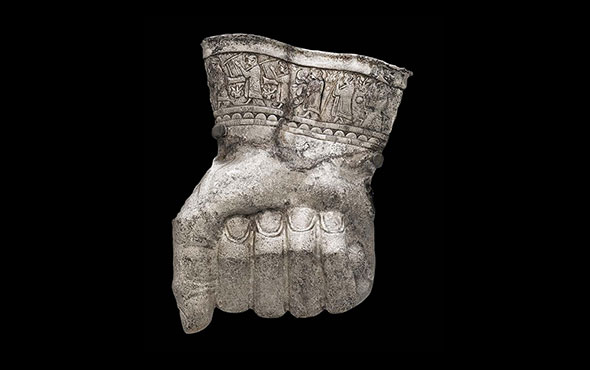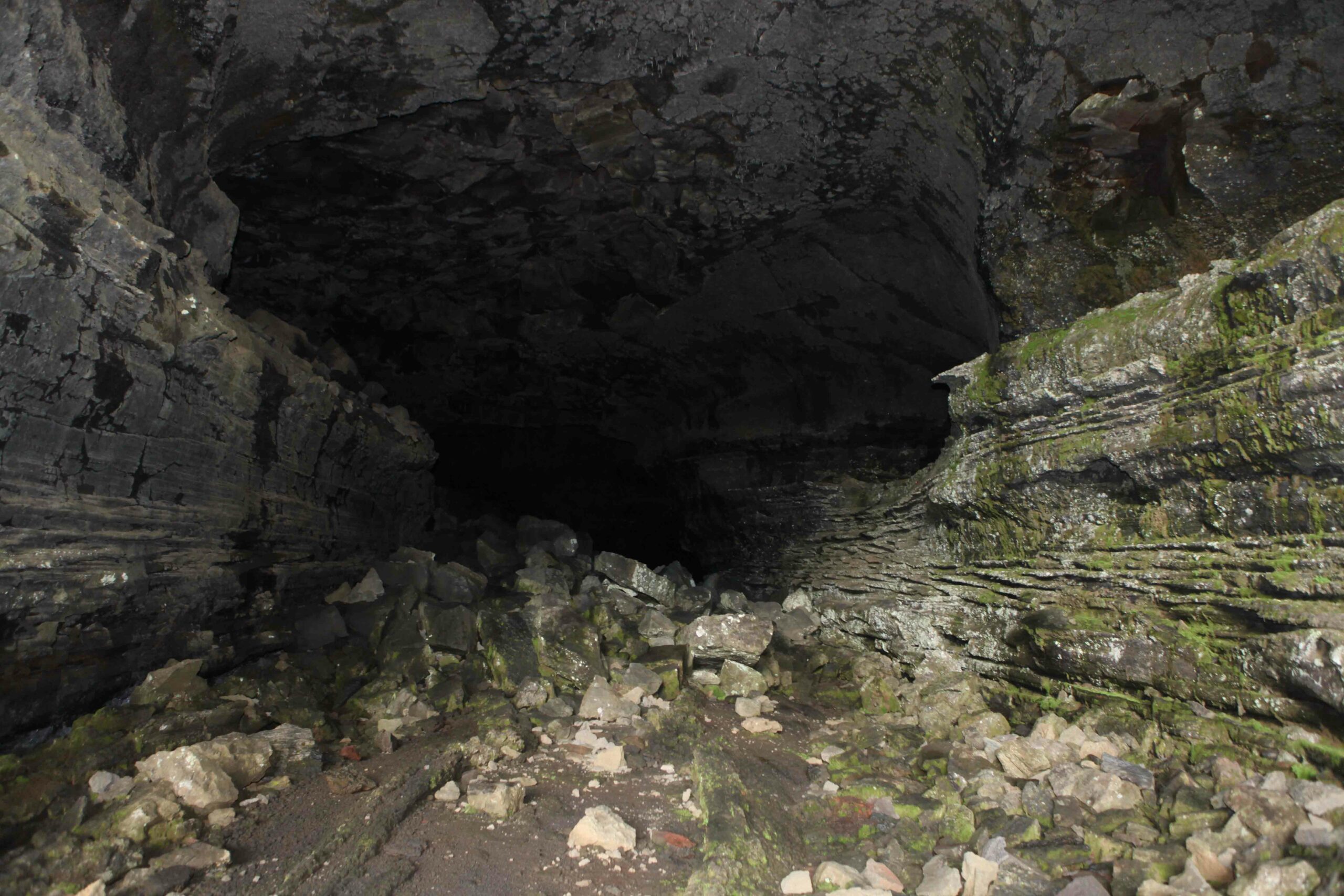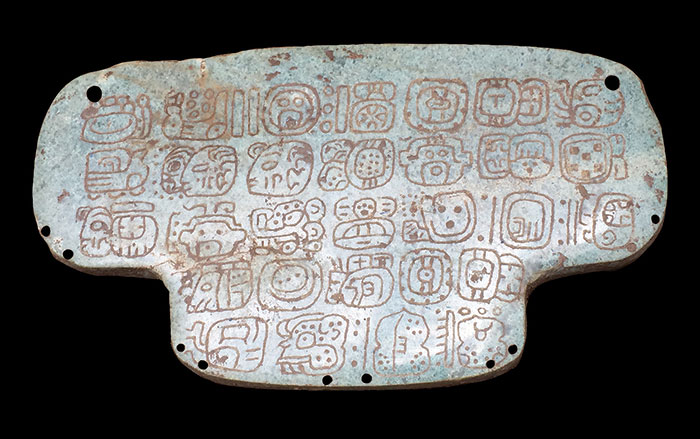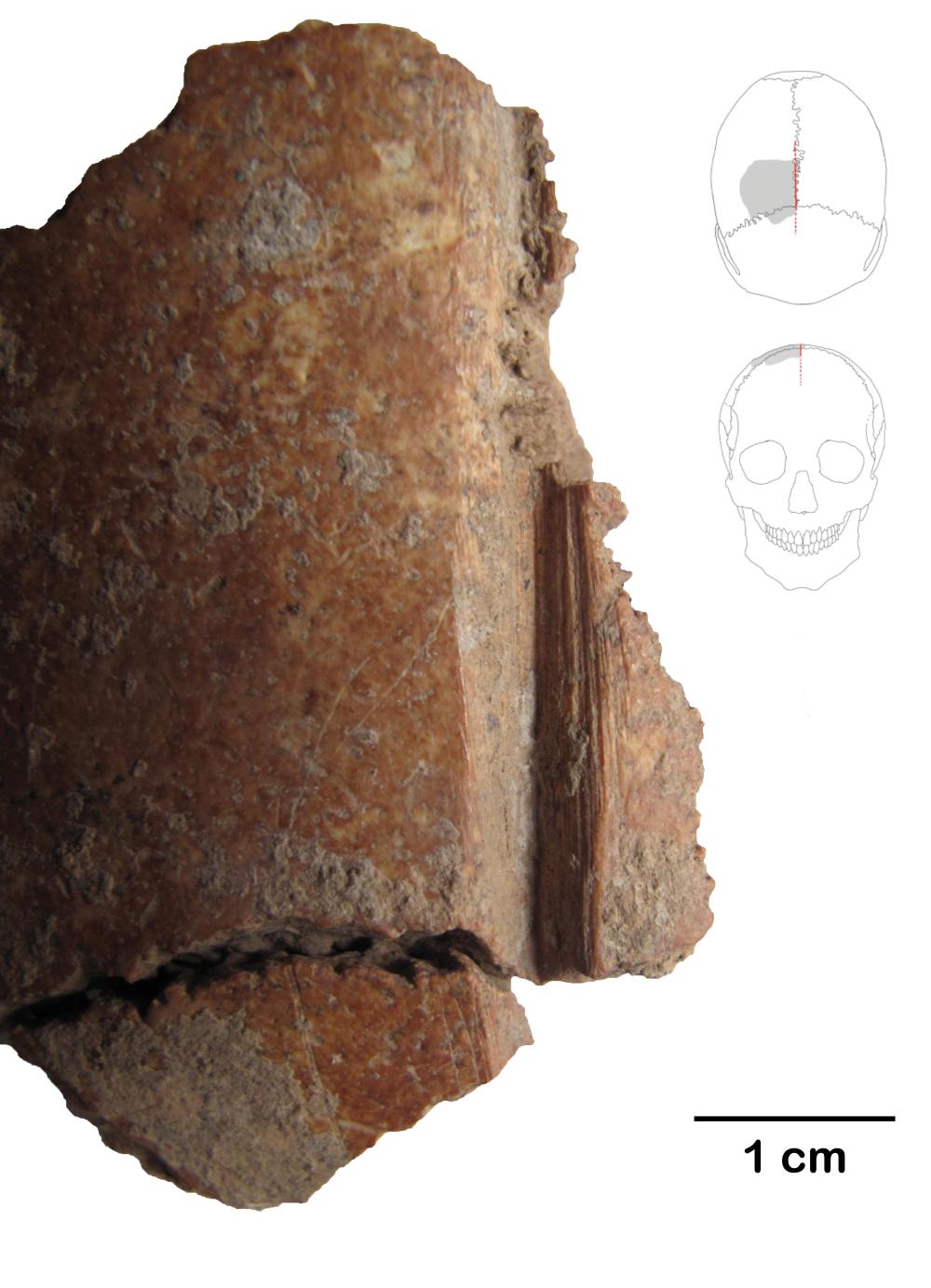
BERLIN, GERMANY—At a 12,000-year-old temple in southeastern Turkey, researchers have discovered parts of human skulls stripped of flesh and carved with deep grooves, according to a report from Science Magazine. The temple, known as Göbekli Tepe, is well-known for its structures and carved reliefs, which predate the development of agriculture. Starting in the mid-1990s, researchers discovered tens of thousands of animal bones at the site, with around 700 fragments of human bone mixed in. More than half of the human bone fragments analyzed so far have been parts of skulls. A detailed study of three of these skull fragments found that their flesh had been removed and grooves carved from front to back. One fragment also had a hole drilled in it. “The carvings consist of many deep cuts—somebody clearly did it intentionally,” said Julia Gresky of the German Archaeological Institute. The site’s stone artwork includes depictions of heads that are missing or lopped off, and the heads of some stone statues appear to have been intentionally removed. To read in-depth about Göbekli Tepe, go to “The World's First Temple.”


